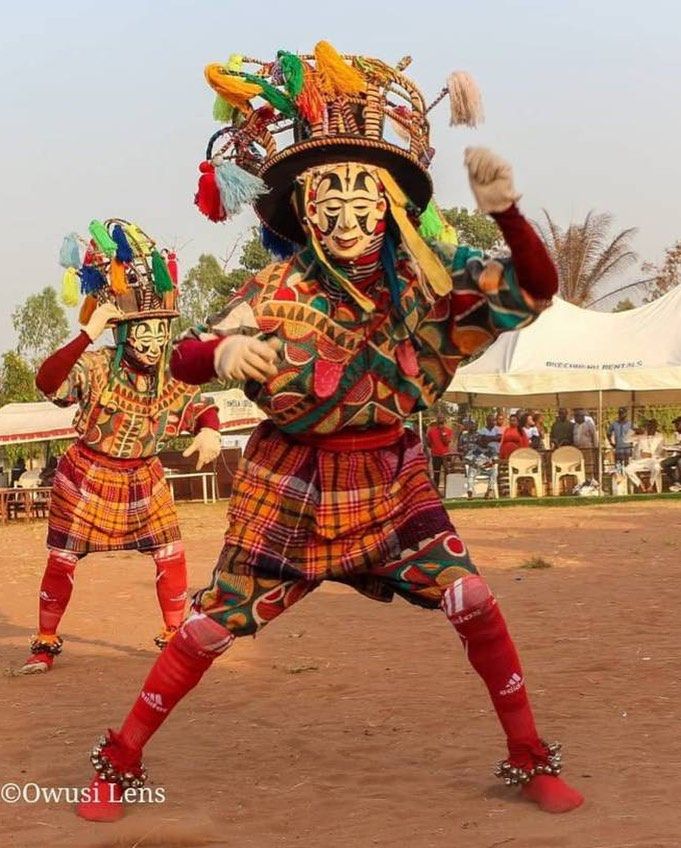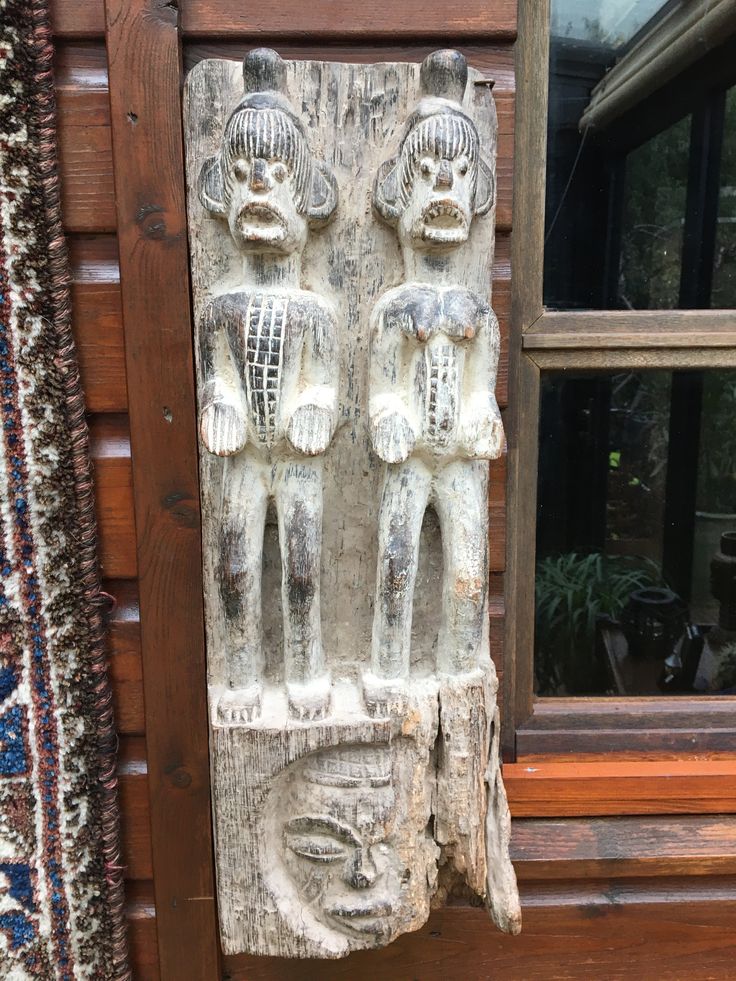The Igbo say, “Ihe niile nwere mmalite” everything has a beginning. To understand the Igbo people, one must begin with their cosmology: the sacred map of how the universe came to be, how it is ordered, and how life should be lived within it.
Igbo cosmology is a story of connections. It is the dance between Chukwu (the Supreme Being) and Ala (the Earth Mother), between ancestors and the living, between humans and the natural world. It is carried in proverbs, sung in folktales, etched into market days, and whispered through rituals at the village square. To the Igbo, the cosmos is not distant or abstract, it is intimate, alive, and woven into everyday life.
What is Igbo Cosmology?
Igbo Cosmology is the traditional Igbo understanding of the universe; its origin, structure, and how life is ordered within it. It explains the relationship between the visible (uwa) and invisible (mmụọ) worlds, between humans, spirits, ancestors, deities, nature, and the Supreme Being (Chukwu).
At its heart, Igbo cosmology is not just about how the world was created, but how it is sustained, balanced, and lived in every day. It shapes Igbo values, ethics, religious practices, festivals, naming systems, proverbs, and even social order.
The Structure of the Igbo Universe
To the Igbo, the universe is not a random accident; it is an ordered creation where every being, seen and unseen, has a place and a purpose. Life stretches beyond what the eyes can see, weaving together both the physical and spiritual into one continuous reality.
At the heart of this worldview, we have three interconnected realms:
- Uwa (The Physical World):
This is the world of humans, plants, animals, rivers, and mountains. It is the space where daily life happens; farming, trading, marriages, festivals, and even struggles. But it is also a sacred space because the visible world is deeply connected to the unseen. - Mmụọ (The Spirit World):
Invisible yet powerful, the spirit world is home to deities, ancestors, and spiritual forces. The Igbos believe that spirits interact with humans, sometimes guiding, sometimes warning, sometimes testing. Divination, rituals, and prayers help maintain harmony between the two worlds. - Chukwu (The Supreme Being):
At the very top stands Chukwu (also called Chiukwu or Chineke); the Great Spirit, creator of all things, the giver of life and destiny. While humans rarely interact with Chukwu directly, He is acknowledged as the ultimate source of order, justice, and blessings. - Ala (The Earth Goddess):
Ala is the spiritual custodian of morality, fertility, and justice. She is both the land on which the people live and the mother that sustains them. To break a taboo against Ala (known as nso Ala) is not just a crime but an offense against the very foundation of existence. - Ndị Ichie (The Ancestors):
In Igbo cosmology, death is not the end. It is simply a transition into another form of existence. The ancestors form the living bridge between the seen and unseen. Those who lived well, kept to the customs, and left behind good legacies are honored as ancestors – Ndị Ichie. They are not gone but present, watching, guiding, and blessing those who walk rightly.
Together, these realms form a sacred balance. For the Igbo, to live well is to respect this order; to honor the earth, heed the ancestors, listen to the spirits, and walk in the destiny given by Chukwu.
Chi (The Personal God/Guardian Spirit)
In Igbo cosmology, Chi is one of the most profound and personal mysteries. It is believed that every human being is born with a Chi; a guardian spirit, a fragment of the divine, assigned to guide their journey on earth. The Igbo say:
“Onye kwe, Chi ya ekwe” If one agrees, their Chi agrees.
This proverb captures the delicate balance between destiny and effort. Your Chi sets the path, but you must walk it with your own strength.
Chi as Destiny
Your Chi is your portion of the divine will. It explains why two people raised in the same family may walk very different roads in life. A man may toil endlessly yet prosper little, while his brother, with half the effort, flourishes. That’s why there’s the proverb; “Chi ya dị mma” his Chi is good.
Chi as Identity
No two people share the same Chi. It is as personal as a shadow. To deny one’s Chi is to deny one’s very essence.
Chi in Life Rituals
The presence of Chi is honored from birth to death.
- Naming ceremonies (Ịgba afa): Elders sometimes consult diviners to understand the child’s Chi before giving a name. The chosen name often reflects the family’s prayer that the child’s Chi will be kind.
- Life struggles: When misfortune follows someone constantly, it is said that their Chi is “asleep” or “in conflict.” Such a person may seek rituals of reconciliation (ịkụ Chi).
- Daily living: A person rises each morning greeting their Chi, consciously or unconsciously, with words like “Chi ọma, bịa du m n’ụzọ taa” Good Chi, guide me today.
To the Igbo, to live in harmony with one’s Chi is to live a balanced and purposeful life. It is to walk with the divine spark placed within you.

Deities (Alụsi or Arụsị)
In Igbo cosmology, deities (Alụsi/Arụsị) serve as spiritual forces that govern different aspects of life and nature. They are not supreme beings like Chukwu (the Creator), but rather intermediaries between humans and the divine order. Each deity embodies a specific natural or moral principle, acting as a guardian, teacher, and enforcer of cosmic balance.
Some of the most revered Alụsi include:
- Ala (Earth Goddess): The mother of fertility, morality, and justice. She is central in Igbo life, as all land belongs to her, and every oath or covenant invokes her authority.
- Amadioha: The god of thunder, lightning, and justice. He represents truth, fairness, and divine retribution.
- Ikenga: A personal deity symbolizing strength, industry, and achievement. Many individuals keep Ikenga figures in their homes as a source of motivation and spiritual empowerment.
- Agwu: Associated with divination, medicine, and wisdom. Priests of Agwu are believed to be guided in understanding mysteries and solving community problems.
These deities are honored through shrines, rituals, and festivals. They are not worshiped out of fear alone but respected as partners in maintaining harmony within the universe. When humans go against natural or moral laws, the Alụsi act to restore balance, sometimes through misfortune, illness, or warnings.
Igbo cosmology is more than belief; it is a way of life. It connects the people to God, the ancestors, the land, and to one another. To understand it is to understand the heartbeat of the Igbo world.
